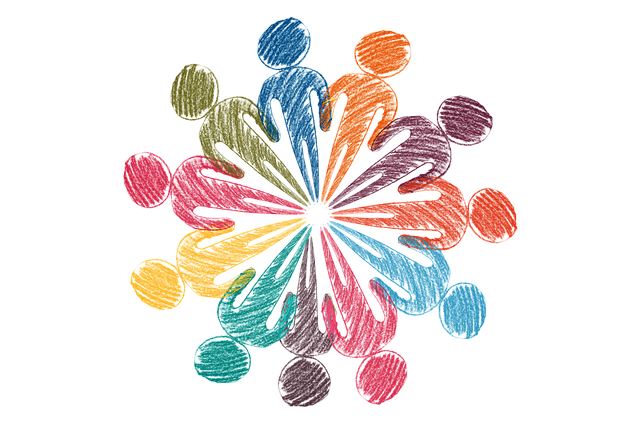Why is empathy important? Empathy is a critical component of emotional intelligence and can show one’s ability to acknowledge and control emotions. By using empathy, we allow ourselves to communicate more effectively with others.
The ability to connect empathically with others, feel with them, and care about their well-being. Acting with compassion is critical to our lives. Helping us get along, work more effectively, and thrive as a society. Awarenesses of humanity embracing empathy and compassion for each other right now. We need integration and connectedness, not separation.

Empathy is the ability to understand and share the feelings of another person or group. However, it also is how we feel and act towards toward nature, animals and plant life.
Empathy and compassion is putting ourselves in the others shoes and seeing the world through their eyes, not our own reflections. To truly understand what they are going through, it’s essential that we at least be curious about them. To put forth an effort into understanding where they are in the moment. Instead of dismissing them outright for being different than us or “wrong” because we disagree with what they say or do.
Why is Empathy Important
Genuine empathy is paying attention to others’ words and body language. You may sense something is off with a friend or loved one, maybe a total stranger. Notice feelings that arise in ourselves as we interact with them. Ask them if they are ok, how are they feeling, do they need someone to talk to. Practicing these easy small observations when interacting with others hones our ability to sense other people’s emotional experiences accurately.
Teaching Children Empathy and Compassion
Children learn empathy skills early in school to help them be more compassionate and understanding. towards all members of the world. Teaching empathy and compassion at a young age can help steer children away from biases or prejudices. It is allowing them to start their journey with open minds, hearts, and friendships.
I’m sure you’ve noticed that we all have biases and prejudices. Sometimes they’re conscious, and sometimes they’re unconscious.
- For example, if another group does something or believes something threatens our beliefs, we may lash out against them. Individuals do this all the time for their reasons. The sad part is some may not be aware of their feelings toward this group within themselves.
Conscious and Unconscious Biases
Acknowledge your biases and prejudices; we all have them, whether we are aware of them. There are both conscious and unconscious bias intensities (or levels). Conscious biases are the ones we have in our consciusness.
- For example, we are feeling threatened by another group and voicing against that group’s beliefs or actions because our own might be different.
Unconscious bias is more subtle, making it harder to recognize them in ourselves. As such, we are all at risk of carrying some tendencies around without realizing they exist or the damage they might cause.
- For example, biases relating to differences in gender, class, race, weight, age, and culture are the most common.
It may be hard to look at the revealed biases we hold- especially when they’re the ones we feel seem right. The more we acknowledge them and think about how to change them through mindful awareness, our perceptions shifts. Therefore, when we recognize we are acting from a place of biased thinking.
Self-awareness Exercises
Exercises like meditation, mindfulness exercises; journaling; introspection, and self-reflection are forms of seeing different perspectives of ourselves. However, by becoming aware of our biases, we understand where these beliefs came formed. Self-reflection just may reveal that our preferences, opinions, and beliefs are not even our own. We took them on because that is what we were taught, put into our belief system as truths. We have learned them from our parents, society, or friends. Ask yourself, why do I feel and believe this about others? The more awareness we have about our biases and question our belief systems, the less chance those biases control our thoughts, feelings, and actions toward others.
More resources:
When Our Religious Beliefts are Challenged https://1111newme.com/2022/10/04/when-our-religious-beliefs-are-challenged/

